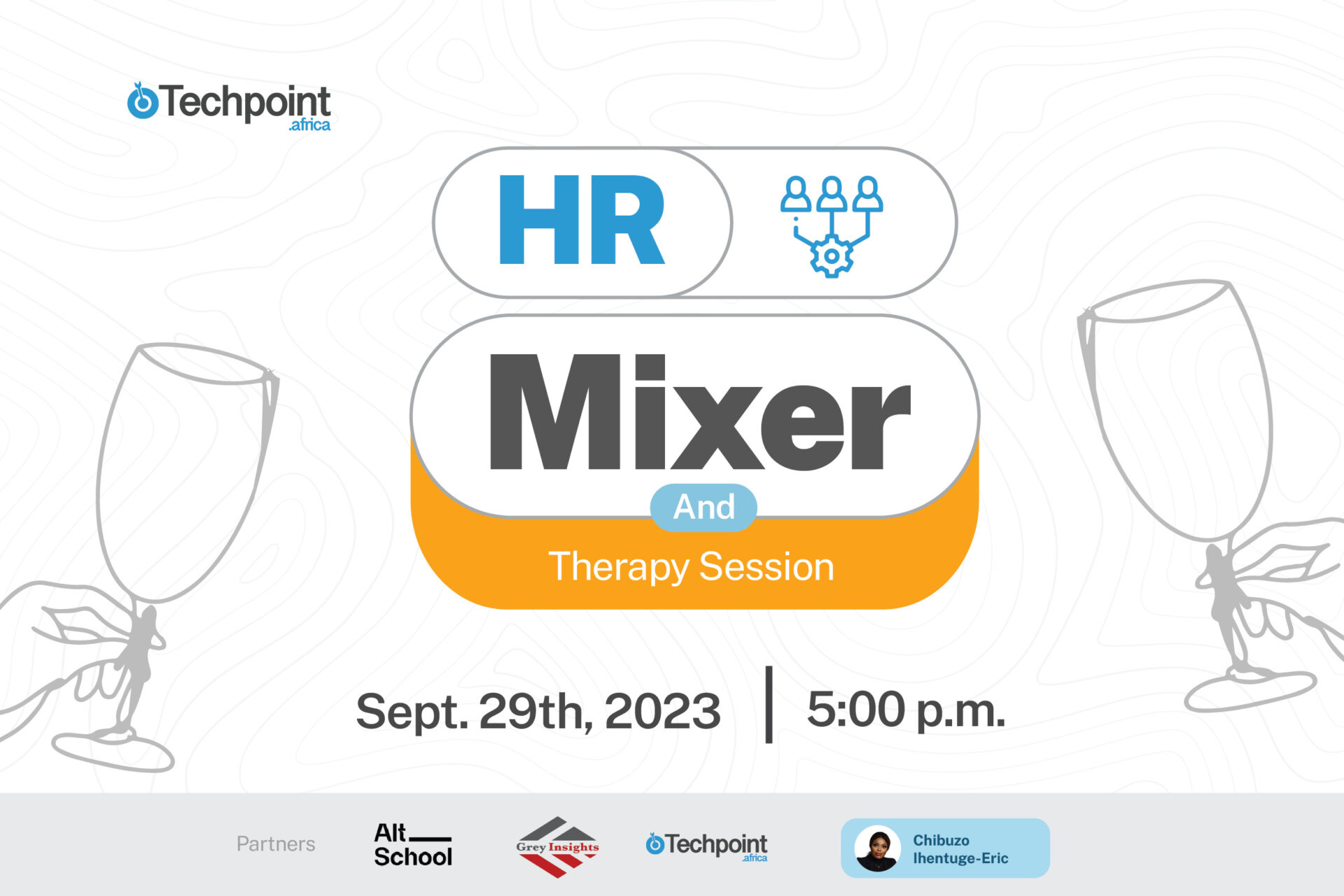Work
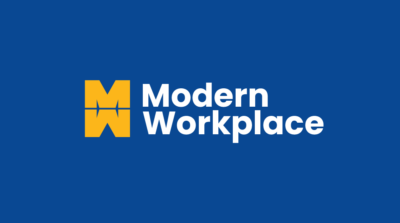
Leading people in the modern workplace becomes more challenging without the right strategies and tools. We share expert insights on navigating this dynamic landscape with little or no casualties.
Top stories

It might be surprising that most candidates prefer physical interviews over virtual despite tech impact in recruitment, according to a poll, but they have their reasons. Five people share the appeal and drawbacks of the on-site option.

The involvement of ATS has really changed the recruitment landscape, but applicants are exploting its flaws. Still, it seems employers and recruiters are not really concerned about this. Here’s why.

Three people juggling multiple jobs share why they chose that life, beyond settling bills. HR expert, Bolaji Shote, weighs in on the benefits and drawbacks of having employees with side hustles.

There’s a common misconception that a company’s health is solely measured by its finances but this downplays the role of workplace culture and human capital. A people operations specialist shares true signs of an ailing company.

Several surveys revealed that a healthy dose of empathy will go a long way in influencing workplace productivity. The problem is that we don’t see enough of such. Expert shares helpful facts about empathetic leadership.

Workplace decision-makers are expected to be intentional about creating a balance between productivity and work arrangements. These four Nigerian top executives have the remote work vs office argument.
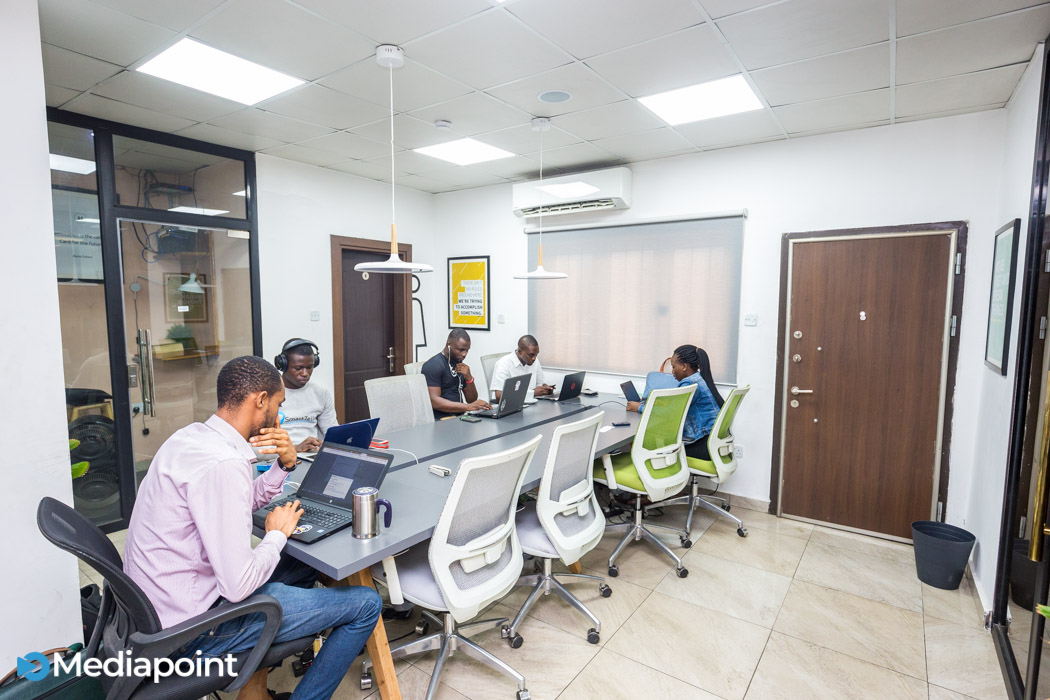
Longevity is great, but companies need to adapt their cultures as global workplace dynamics evolve. People and culture lead, Ihentuge-Eric, singles out documentation as an important tool in the adaptation process.

With two decades’ experience managing people, HR expert, Elizabeth Okonji shares best practices she has adopted to mediate conflicts in the workplace.

Nigerian laws addressing employment are exhaustive. We considered some major ones earlier, and this article delves into three additional provisions and frameworks.

In this two-part series, we address some common Nigerian legislations that influence how workplaces should run, because ignorance cannot be a defence if the company is considered an accessory to workplace wrongdoing

Ignorance is not excusable in the matters of employee relations that can lead to a company facing litigation which may cause avoidable loss of money. Startup attorney shares how to play safe.

Five professionals across customer service, sales and marketing, engineering, and product departments explain why they should not be first on startups’ layoff lists.

During an economic downturn, a holistic approach to employee satisfaction has to extend beyond pay. This article explores how Nigerian employers are creatively sustaining employee well-being with minimal spending.

Draw insights from the major reasons African startups laid off in the last 20 months to avoid a similar trajectory or make peace with an impending layoff.
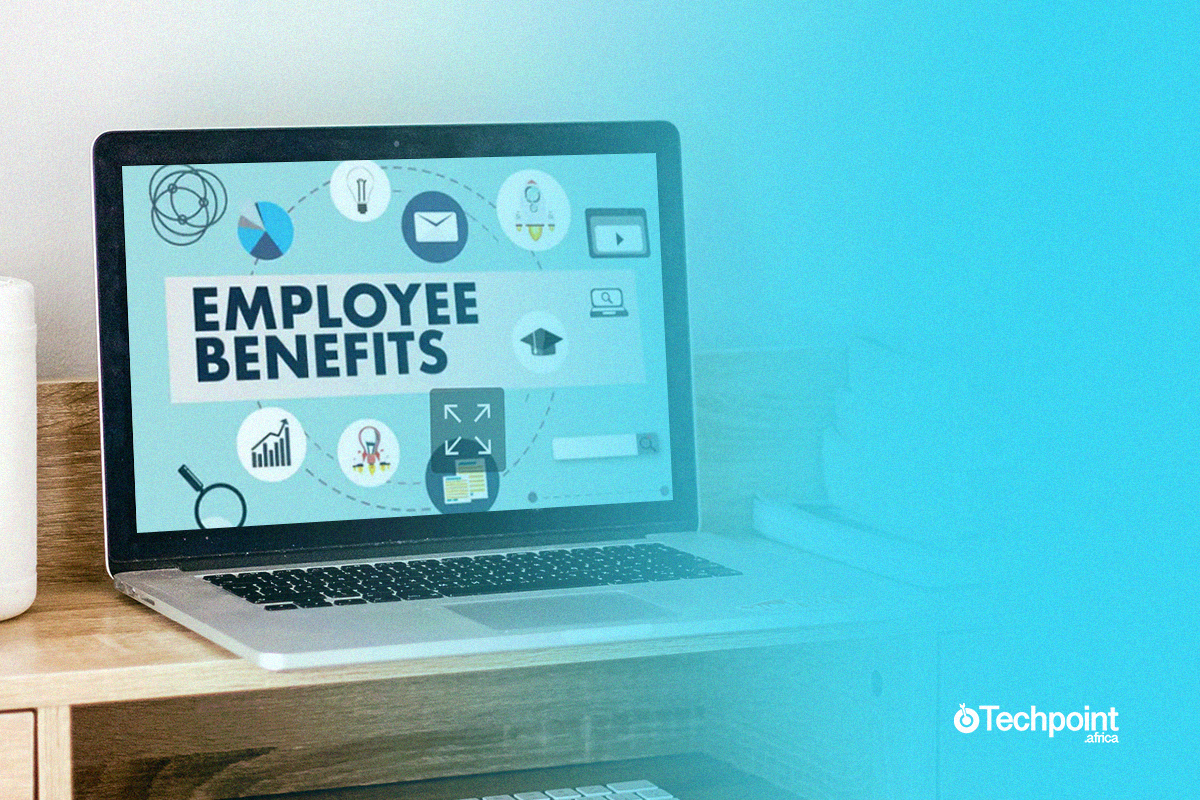
Despite the hurdles in promoting insurance awareness in Nigeria, employers play a crucial role in providing at least one form of insurance for their employees. Here’s how startups turn this into a competitive advantage

Unlike big corporations, startups often find that salaries and other recurring operational costs consume a large portion of their revenue. Rather than focusing on what percentage of this revenue should go to salaries, Chioma Daniel, Head of Finance at TalentQL, suggests a different approach for ensuring business survival.
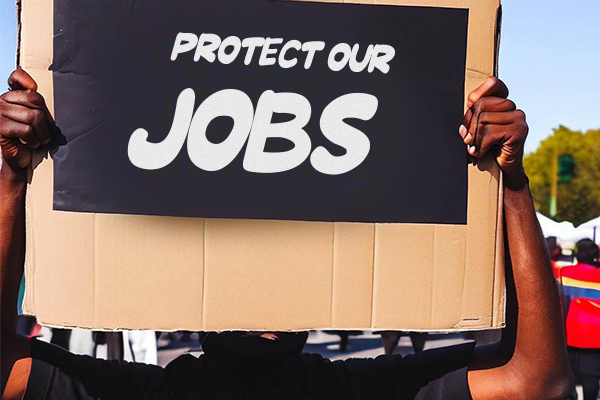
This article compares European and African labour laws about layoffs. It examines why the African workforce does not have strong employment protection and also provides recommendations.

In this piece, Zoho Nigeria Country Manager, Kehinde Ogundare and Chuma Chukwujama, Founder/CEO, Xceed365, HR cloud software company, share best practices for maximising productivity and performance through digitisation. Find out how automation tools are reshaping the modern workplace, enabling increased collaboration, communication, and HR management.
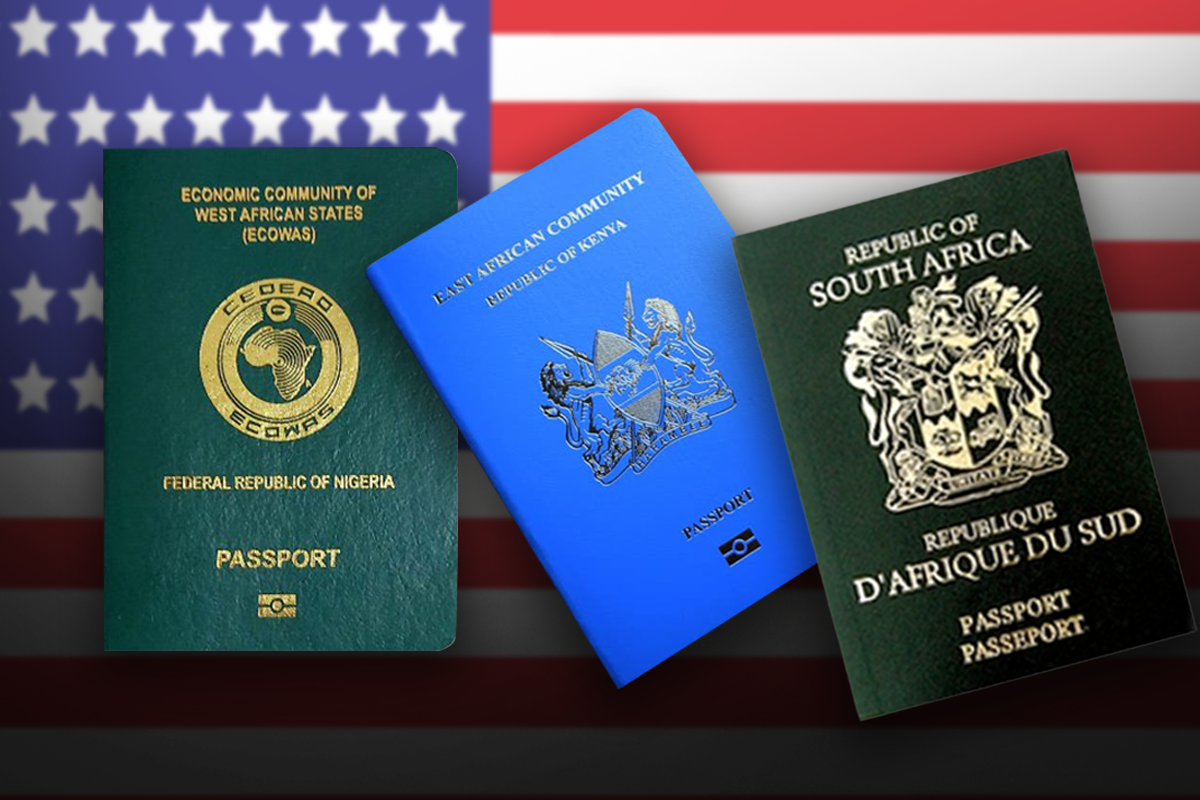
B-1 and B-2 visa holders can now apply for jobs and attend interviews in the US, but they can’t work with them. The impact of the new policy on African immigrants should become clearer over time as the US immigration system still faces challenges.

